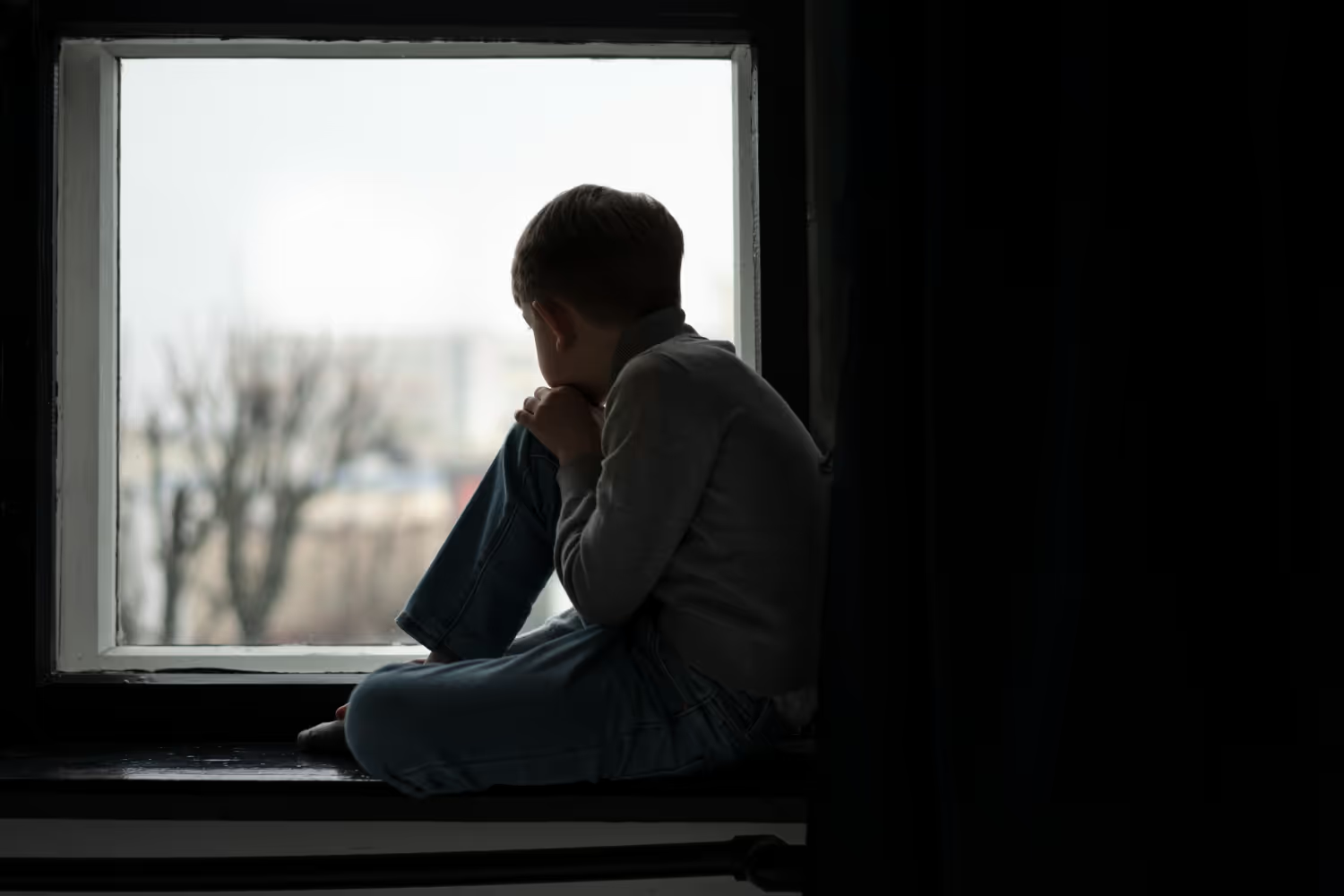
Growing up with a narcissistic parent can leave deep invisible wounds. You may have been gaslit, emotionally neglected, or made to feel like your needs didn't matter.
As an adult, this can show up as chronic self doubt, anxiety, people - pleasing, emotional flashbacks, or difficulty trusting your own feelings.
EMDR helps process the emotional residue of these experiences without re- traumatizing you. Therapy with Crystal Arber focuses on restoring your sense of self, boundaries, and inner calm.

.webp)
Many adults live with the lingering effects of childhood trauma – even decades later. You may feel anxious, hyper-vigilant, disconnected, or stuck in self-blame.
EMDR ( Eye Movement Desensitization and Reprocessing) is a proven therapy that helps reduce the emotional charge of traumatic memories without requiring you to talk about it in detail.
Crystal Arber specializes in EMDR for adult surviviors of Childhood abuse, emotional neglect and adverse early experiences.
Complex PTSD does not exist in the statistical diagnostic manual for psychiatric disorders. However, most researchers, such as Bessel Van Der Kolk and Judith Herman ( the psychiatrist who coined the term complex trauma), agree that this condition exists and is essential to understand to get effective treatment and to get on with healing.
Like PTSD, Complex PTSD is a more severe condition that affects a person’s ability to be in relationships. Their view of self, others, and the world are pathologically negative.
A person suffering from symptoms of CPTSD, suffers from shame, and an inner critic that relentlessly criticizes the person or judges the other, so being in a relationship is very challenging.
The critic part is the original abuser’s voice, which later in life turns into the adult’s voice, known as the introject of the original abuser, i.e. mom, dad, sibling or another family member that abused the person in their childhood. Put another way, the survivor hears their voice criticizing themselves and others in their head.
Symptoms of CPTSD may include social anxiety, toxic shame, inability to regulate emotions, flashbacks or triggers that remind the person of the past and cause dissociation or what Pete Walker coins as an ” emotional flashback,” A person with CPTSD may also have difficulty trusting others which can contribute to an inability to have intimate relationships.
That said, there is hope despite these symptoms. Self-help groups such as adult children of alcoholics, narcissistic parents, emotionally immature parents or Codependence Anonymous are beneficial for healing. Suppose you are suffering from addictive behaviour as a way to self-soothe from emotional flashbacks ( Walker, 2013). In that case, any 12-step program that refers to the addiction, i.e., AA, NA, overeaters anonymous, gamblers anonymous, sex addicts anonymous and so on, will be beneficial as the first step to healing.
Once you have a support system, obtaining a trauma therapist who understands how to treat childhood trauma is essential. I believe that group work combined with EMDR and counselling is the best way to heal, as this kind of therapy permits exposure to people and the opportunity to be in relationships while learning to trust others. In other words, a psychotherapeutic group combined with a self-help group and EMDR is what I recommend to survivors of childhood abuse.
References: Walker, Pete. Complex PTSD: From Surviving to Thriving: A Guide and Map for Recovering from Childhood Trauma. Lafayette, Ca, Azure Coyote, 2013.
.webp)

I help you complete exercises to get to know your inner child. Inner child exercises combined with EMDR therapy can help you to love yourself. This will help you have better relationships and not feel lonely.
EMDR combined inner child exercises is an effective way to heal childhood wounds EMDR therapy can take less time than other kinds of treatment, but because EMDR is a therapy, you should expect EMDR to be a process rather than a quick fix.
Combined with EMDR therapy, you may want to join a 12-step program. I recommend CODA or ACOA 12-step support group. A 12-step support group will give you the support you need while completing EMDR therapy.
Get updates on trainings and new resources straight to your inbox.